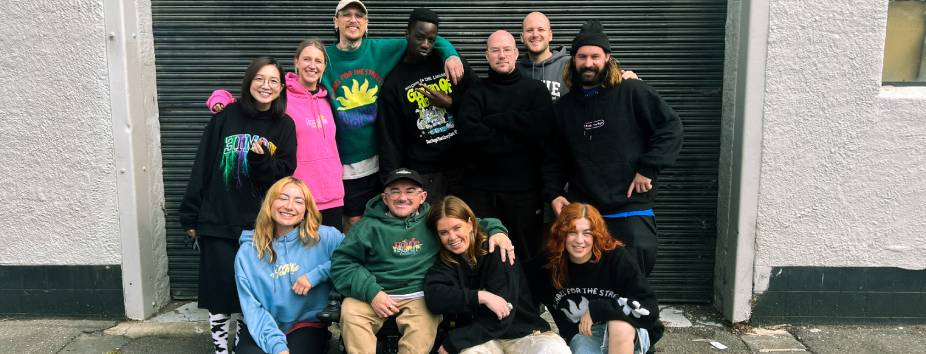New funding for local programs to help more Australians into work


Social enterprises working to tackle employment barriers and support more Australians into work are set to accelerate their growth and impact with new funding from Westpac Foundation and a collective of Australia’s leading philanthropic foundations.
Fourteen organisations from around Australia will receive grant funding totalling more than $4.7 million as part of the pioneering Work Integration Social Enterprise (WISE) Grant program managed by the Lord Mayor’s Charitable Foundation as part of an innovative collaboration.
The successful enterprises were selected for their work in tackling complex barriers to work with groups including young people, women experiencing disadvantage, refugees and asylum seekers, First Nations people and people living with disability or mental health challenges.
The WISE grants are a Giving Account of Lord Mayor’s Charitable Foundation, supported by a coalition of philanthropic foundations including, Westpac Foundation, English Family Foundation, Lord Mayor’s Charitable Foundation, Macquarie Group, Minderoo Foundation, Paul Ramsay Foundation, and Vincent Fairfax Family Foundation. The external advisor has been legal firm MinterEllison.
The foundations have united to share their resources and knowledge to create a more effective and streamlined approach to supporting earlier stage WISE initiatives.
Each of the 14 recipient organisations (half of which are Westpac Foundation partners) will receive grants of up to $500,000 over two years. The recipients are Bama Facilities Maintenance, Happy Paws Happy Hearts, Nundah Community Enterprises Cooperative, SisterWorks, The Beautiful Bunch, Homie, Mettle Women, Civik, EcoCrews, The Reconnect Project, Seed Foundation Australia, Hamlet Inc., Lively Community and Aboriginal Art Centre Hub of Western Australia Aboriginal Corporation.
The grant is an opportunity to address the specific challenges facing Work Integration Social Enterprises, backing them to grow their impact and support more people to thrive and provide funding to build robust business models.
Westpac Foundation partner, Homie, a Melbourne-based streetwear clothing brand helping young people affected by homelessness or hardship, plans to use the funding to support their future growth to help make an even greater impact in their community.
“It’s both incredibly validating for HoMie to have the support of this coalition of Foundations – some of Australia’s biggest, oldest, and most forward-thinking – and an exciting step forward for the sector more broadly," said Homie CEO, Steph Say.
“Collective funding has the potential to rapidly accelerate the traditional timeline for scale and sustainability for WISE organisations, who continue to deliver life-changing impact around Australia.”
“We’re looking forward to living up to the trust placed in us, scaling our impact, and creating more jobs for young people affected by homelessness or hardship,” Steph adds.
A recent Social Enterprise Australia study revealed that for every $1 million in turnover, social enterprises create nine jobs, which is nine times more than industries like construction 1. They integrate real-world work settings with skill development, training, and education, effectively reducing barriers to work and increasing opportunities for individuals.
Indigenous-owned social enterprise and Westpac Foundation partner, Bama Facilities Maintenance, will use the funding to help empower more Indigenous women in the workforce.
“Our mission is ambitious but crucial: to increase the representation of First Nations women in male-dominated sectors,” said Bama Services General Manager, Will Grayson.
“Bama aims to foster visible female role models and mentors, creating a ripple effect of inspiration and empowerment.”
“The generous investment from the WISE Grant will be directed towards skill development and targeted training programs, which will not only enhance stability and wellbeing but also boost the employment readiness of Indigenous women,” Will said.
Research also indicates that direct impact expenses for WISE – such as wages of support staff, additional training, equipment for accessibility needs and necessary transport for employees – are in the range of 20-30% of the total costs of running the social enterprise2.